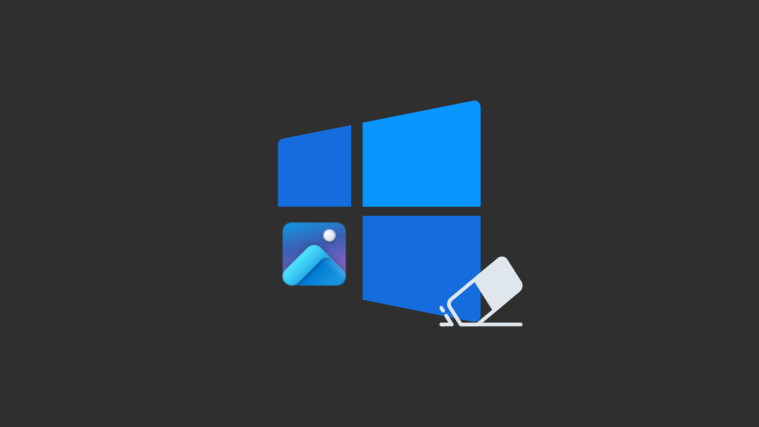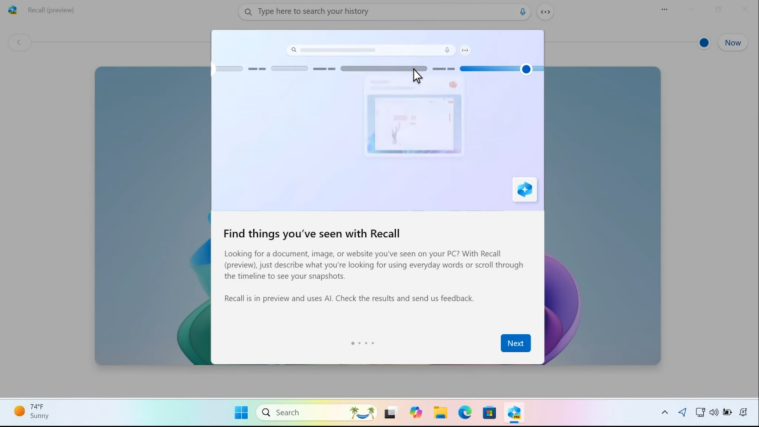Microsoft confirmed recently that your PC will need to have TPM chips to support Windows 11. It also updated its documentation to reflect that the previous guidelines for minimum TPM requirements were incorrect. Instead of TPM 1.2, which was thought sufficient at first, Windows 11 will require TPM 2.0 to be the minimum requirement.
But what is TPM in the first place, and why is Microsoft bringing this hardware change now. Here’s everything you need to know to dispel the confusion surrounding TPM requirements for Windows 11.
What is TPM and why Microsoft wants everyone to use it?
Windows 11 is being called the free OS update that will cost a lot of people some money. Much of it has to do with the hard TPM requirement without which many won’t be able to upgrade to the new Windows.
As the director of Enterprise and OS Security, David Weston explains: “The Trusted Platform Module (TPM) is a chip that is either integrated into your PC’s motherboard or added separately into the CPU. Its purpose is to help protect encryption keys, user credentials, and other sensitive data behind a hardware barrier so that malware and attackers can’t access or tamper with that data.”
TPM allows for secure boot, windows defender system guard, Bitlocker encryption, and Windows Hello PINs and biometrics, which are encrypted on your PC’s hardware, and not on the cloud.
So basically, TPM requirement is needed to ensure better safety not just at the software level but right down to the level of hardware. It’s not something new either. TPMs have been around for a while, with TPM 1.2 released in 2011 and TPM 2.0 released in 2015. Yes, there is a possibility of installing Windows 11 without TPM, but that doesn’t look like a long-term solution.
Given the rise of firmware attacks in the past few years, including ransomware, phishing, and various vulnerabilities that hackers can exploit, Microsoft’s bet is to use hardware encryptions, secure boot, and virtual protections to keep its platform and its users safe. This is a firm foot forward by Microsoft in being proactive about protection, especially since Windows is at the heart of most businesses and users worldwide.
Related: How To Prepare to Download Windows 11 Insider Build Before Others
Microsoft’s updated documentation: TPM 1.2 is no longer sufficient for Windows 11
The confusion about TPMs arose when Microsoft updated its documentation to correct the guidelines around the TPM requirement for Windows 11. TPM version 1.2 will no longer be sufficient to run Windows 11. One has to have a TPM 2.0 chip and that is the minimum hardware requirement.

There is no reference to “hard and soft floors” to install Windows 11 anymore. Earlier, even though systems with TPM 1.2 chips were not advised to upgrade, they were not directly prohibited from installing Windows 11. But the updated documentation now mentions specifically the need for TPM 2.0.
In the same blog post, Microsoft explained why it is so insistent on keeping TPM 2.0 as the hard requirement.
“PCs of the future need this modern hardware root-of-trust to help protect from both common and sophisticated attacks like ransomware and more sophisticated attacks from nation-states. Requiring the TPM 2.0 elevates the standard for hardware security by requiring that built-in root-of-trust.”
There is good news still to be had amongst all this confusion. TPM 2.0, as we’ve already mentioned, is not new. Most PC devices and models sold nowadays have TPM 2.0 by default. That’s been the case ever since Microsoft made it a requirement back in 2016.
But that doesn’t mean that all manufacturers have jumped on the bandwagon. There are a number of motherboards out there that either doesn’t have TPM enabled by default or don’t have it on board at all.
However, if your system is no older than three to five years, it’s highly likely that you already have TPM 2.0 onboard and will need only to enable it for Windows 11. Nevertheless, if one doesn’t have TPM modules, they can be purchased rather cheaply (around $25 – $50). This may have been the caveat to the ‘free Windows 11 update’ all along. But since Microsoft didn’t specify from the get-go, many have gone fumbling to get their hands on TPMs. Many have even starting scalping TPMs on the market, in effect quadrupling their price in just a day.
Thanks to Windows 11, people are scalping TPM2.0 modules as well now.
$24.90 ➡ $99.90 in just 12 hours pic.twitter.com/9TTHC2c47w
— Shen Ye (@shen) June 25, 2021
One will have to wait and see exactly how hard these TPM restrictions are and how they will pan out once Windows 11 is available for the Windows Insider Program.
RELATED
- Windows 11 Without TPM: How To Bypass the TPM Requirement and Install the OS
- How To Replace appraiserres.dll in Windows 11 Setup
- How To Enable TPM 2.0 and Secure Boot in BIOS for Windows 11
- Windows 11 Not Installing on Virtualbox? How To Fix





